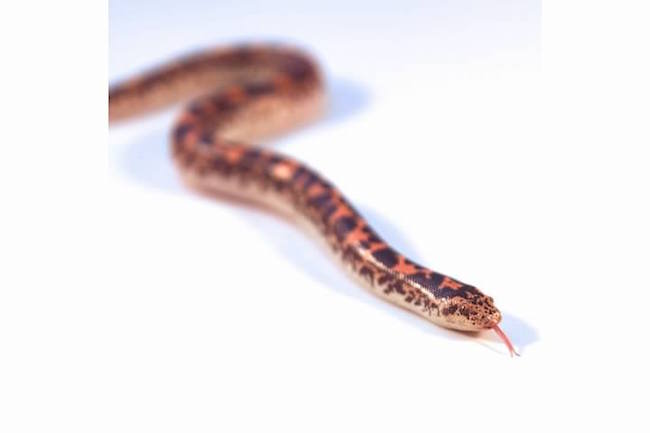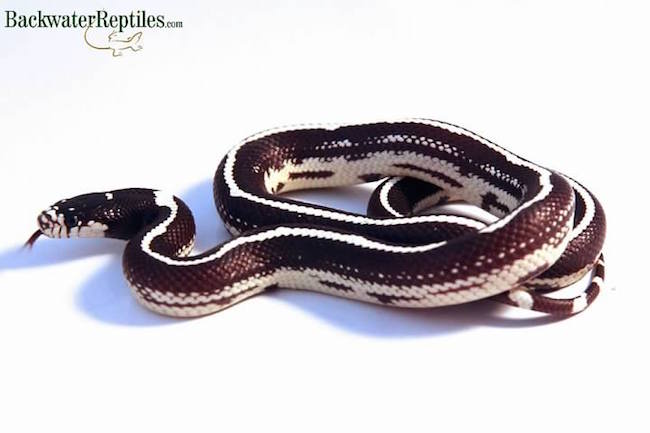
Why do snakes flick their tongue? Anyone who’s ever had a pet snake or even seen a snake at the zoo has probably seen how snakes flick their tongues in and out of their mouths frequently. Ever wonder what this behavior means?
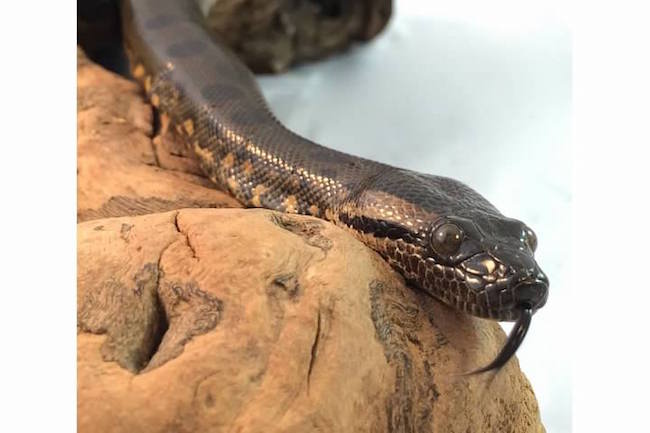
In short, the tongue flicking helps the snakes gather sensory information about their surroundings. By flicking their tongues out and back in, snakes are “tasting” and “smelling” the air, ground, and everything around them in order to learn if a predator or prey is nearby.
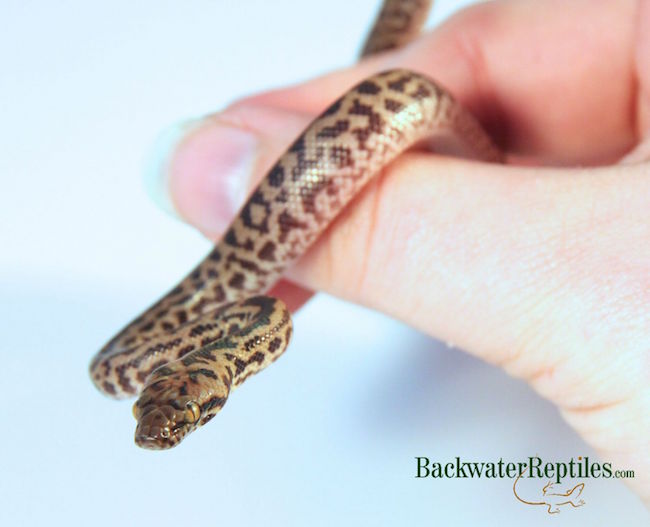
After the snake’s tongue comes out and gathers data via minuscule moisture and chemical particles in the air, it quickly darts back into its mouth and into the snake’s Jacobson’s organ, which is a special organ located on the roof of the snake’s mouth. The Jacobson’s organ (also known as the vomeronasal organ) then sends messages to the snake’s brain which very quickly interprets the data as specific smells and allows the snake to act accordingly.
Fun fact – snakes have a special gap or hole in their “lips” called a rostral groove that allows their tongue to flit in and out without the necessity of opening their mouth. Snakes can also smell the standard way using their nostrils like most animals, but their tongues provide them with a bigger picture of their environment and setting.
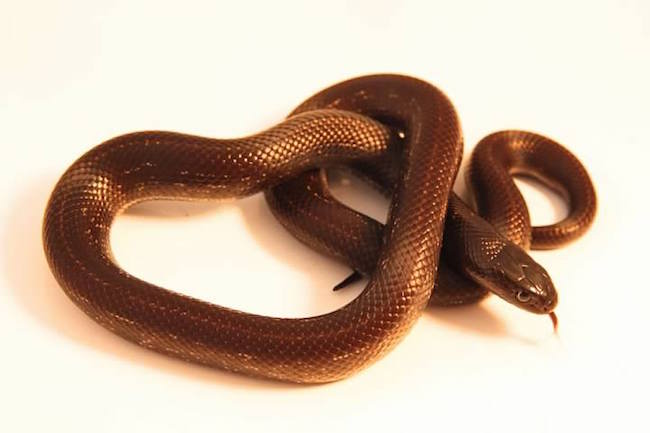
So, next time a snake flicks its tongue at you, remember it’s just “tasting” you to make sure you’re not going to try to eat it for dinner! :-P

